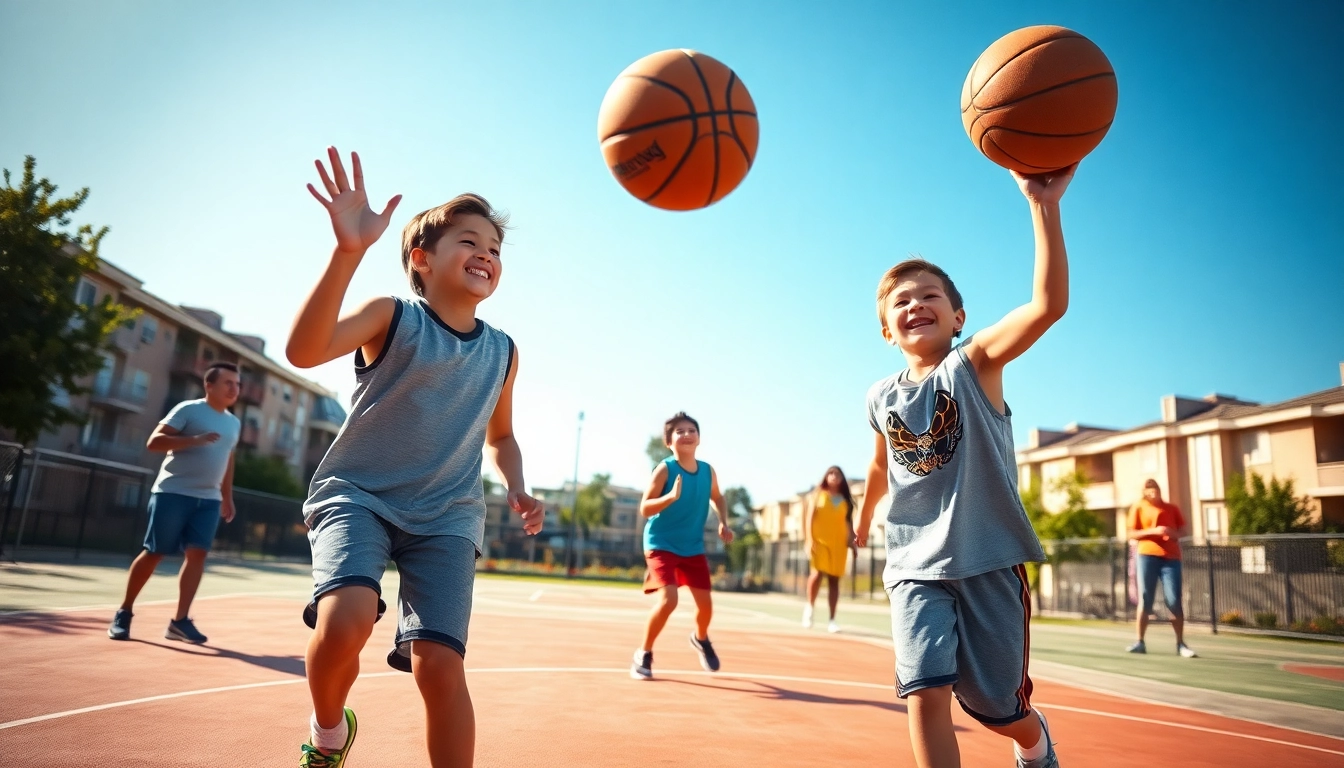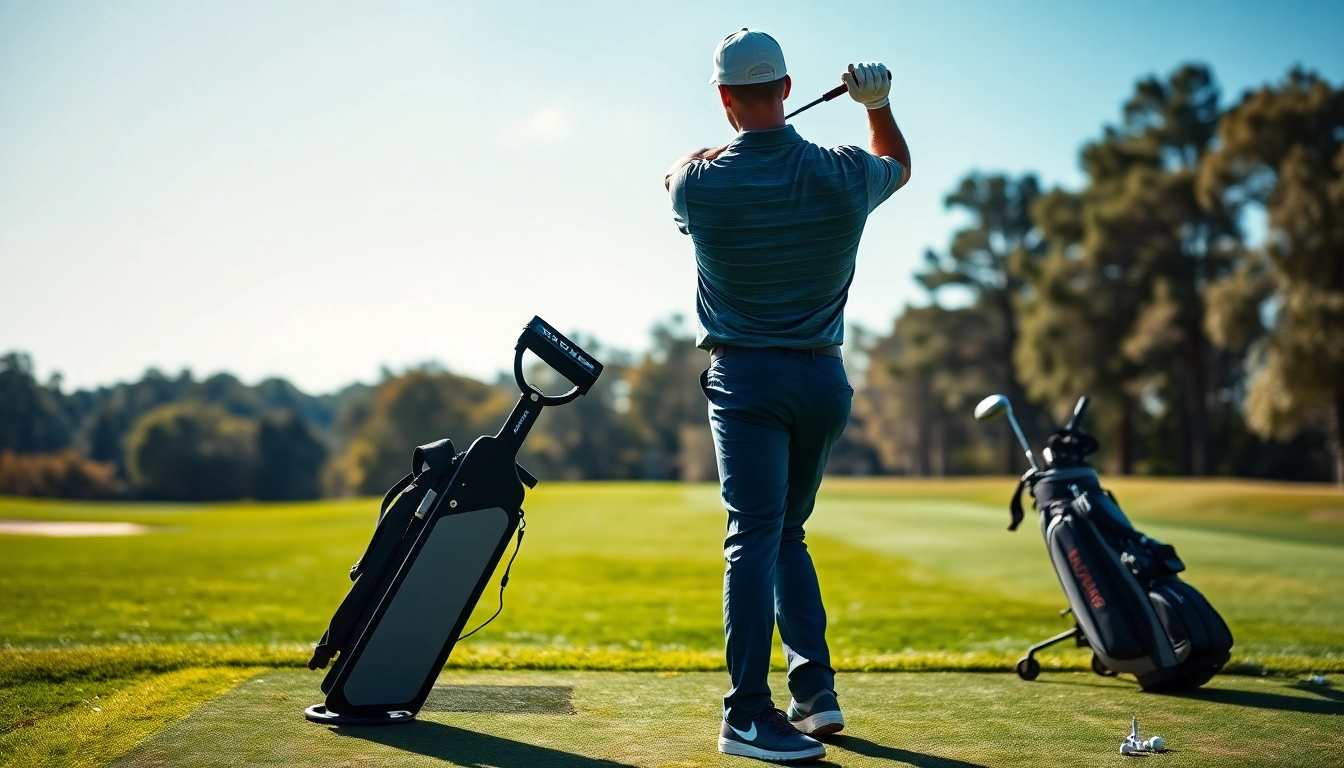A Beginner’s Guide for Young Basketball Enthusiasts
Basketball is more than just a game; it’s a pathway to building confidence, teamwork, and discipline for young basketball enthusiasts. For kids who are keen to learn and develop their skills on the court, understanding the fundamentals is crucial. This comprehensive guide aims to provide aspiring players not only with knowledge of the game but also with practical advice that can help them grow beyond the basketball court.
Understanding the Basic Rules of Basketball
Basketball is played on a rectangular court, where two teams compete to score points by throwing a ball through the opponent’s hoop. Familiarity with the basic rules of basketball is essential for any young player. Here are the key rules to understand:
- Scoring: A field goal is worth two points; shots made from beyond the three-point line are worth three points. Free throws are worth one point.
- Dribbling: Players must dribble the ball while moving. Failing to dribble while walking or running results in a turnover.
- Fouls: Physical contact that impedes the play can result in personal fouls. Accumulating too many fouls can lead to disqualification from the game.
- Violations: Common violations include traveling (moving without dribbling), double dribbling (dribbling with both hands), and goaltending (blocking a shot on its way to the basket).
Understanding these rules not only enhances gameplay but also makes the sport more enjoyable.
Essential Skills Every Young Player Should Master
Great players aren’t just born; they are made through practice and perseverance. Let’s explore the core skills that every young basketball enthusiast should focus on:
- Shooting: The ability to accurately shoot the basketball is fundamental. Players should work on proper shooting form, including hand placement, footwork, and follow-through.
- Dribbling: Dribbling is essential for moving the ball up the court. Players should practice dribbling with both hands and learn various dribbling techniques to evade defenders.
- Passing: Effective passing can create scoring opportunities. Young players should practice different types of passes, such as chest passes, bounce passes, and overhead passes.
- Defense: Strong defensive skills can turn the tide of a game. Young players should learn to stay low, anticipate opponents’ moves, and effectively position themselves to defend the basket.
Regular drills and practices focusing on these skills will undoubtedly enhance a player’s performance on the court.
Choosing the Right Equipment for Success
The right equipment can influence a player’s effectiveness and safety on the court. Here’s a breakdown of essential gear:
- Basketball: Choose a size appropriate for the player’s age and skill level. A good-quality basketball can offer better grip and durability.
- Sneakers: Proper basketball shoes provide ankle support and traction on the court. Investing in quality footwear can prevent injuries and improve performance.
- Clothing: Comfortable, moisture-wicking clothing allows for better movement and helps keep young players cool during intense sessions.
By ensuring that they have the right gear, young athletes can enhance their training experience and minimize the risk of injury.
Nutrition and Fitness for Young Basketball Enthusiasts
Physical fitness and nutrition are crucial components of athletic success. For young basketball players, a proper diet and exercise regimen not only boost performance but also maintain energy levels throughout practices and games.
Healthy Eating Habits for Aspiring Athletes
Nourishing the body with the right foods is vital for developing young athletes. Here are some key dietary tips:
- Balanced Diet: Incorporate a mix of carbohydrates, proteins, and healthy fats into meals. Whole grains, fruits, vegetables, lean meats, and fish should be staples.
- Pre-Game Meals: Eating a healthy meal 1-3 hours before a game can boost energy levels. Carbohydrates are especially crucial right before gameplay for a quick source of energy.
- Post-Game Recovery: Consuming protein-rich foods after games can aid in muscle recovery and repair.
Educating young players about nutrition can help them make healthier choices as they grow.
Fun Workouts to Enhance Basketball Skills
Fitness doesn’t have to be boring. Engaging workouts can enhance skills while keeping competitive young players motivated. Here are some enjoyable workout ideas:
- Dribble Relays: Create a fun relay race where players must dribble around cones set up in a course. This improves dribbling skills while enhancing speed and agility.
- Shooting Contests: Make shooting practice engaging by turning it into a contest. Players can compete in groups to make the most shots from different positions.
- Obstacle Courses: Set up an obstacle course incorporating dribbling, shooting, and passing. This keeps young players engaged and develops multiple skills simultaneously.
These activities can ensure that skill development is fun and effective.
The Importance of Hydration During Training
Staying hydrated is essential for every athlete, especially young ones whose bodies are still developing. Here are tips on maintaining hydration:
- Regular Water Intake: Encourage players to drink water throughout the day, not just during practice, to maintain hydration levels.
- Electrolyte Drinks: For extended practices or games, consider electrolyte-rich drinks to replenish lost minerals.
- Signs of Dehydration: Teach young athletes to recognize symptoms of dehydration, such as dizziness or excessive fatigue, and respond accordingly by resting and rehydrating.
Hydration is a key element of game performance, impacting energy levels and concentration.
Creating a Supportive Environment for Young Basketball Enthusiasts
A positive environment can help nurture young athletes’ growth and passion for basketball. Creating support systems within teams and families can inspire future success.
Finding the Right Coaching Programs
Identifying a good coaching program is crucial for any young player’s development. When evaluating programs, consider the following:
- Qualified Coaches: Look for coaches who are knowledgeable and have experience in coaching youth. A good coach should focus on skill development and player growth rather than just winning.
- Player-Centered Approach: Choose programs that prioritize individual player development and cultivate a love for the game.
- Safe Environment: Ensure that the coaching program maintains a safety-conscious atmosphere and fosters good sportsmanship.
This groundwork is essential for developing talented, confident players.
Building a Positive Team Culture
Cultivating an encouraging team culture can significantly enhance players’ experiences. Here are strategies to foster a positive environment:
- Encouragement: Instill encouragement among teammates, helping players understand that everyone is important and capable of improvement.
- Team Activities: Engage the team in bonding activities off the court, such as team dinners or community service projects, to strengthen relationships.
- Celebrating Success: Recognize both individual and collective achievements, no matter how small, to keep morale high and players motivated.
A positive team culture leads to stronger connections and an enhanced growth experience for young players.
Encouraging Parental Support and Involvement
Parental support can make a substantial difference in a young athlete’s journey. Here’s how parents can contribute:
- Show Interest: Attend games and practices to show support. Being involved helps enhance the athlete’s morale.
- Support Progress: Encourage young athletes to focus on their improvement rather than just winning. This mindset supports healthy growth.
- Open Communication: Maintain an open line of communication with coaches and other parents to foster a cooperative and supportive atmosphere.
Parental involvement can foster an environment of encouragement, leading to better performance and enjoyment of the game.
Engaging in Community Activities as a Young Basketball Enthusiast
Participation in community activities provides young players with networking opportunities, skill enhancement, and ways to give back to their communities. Here are several ways to engage:
Joining Local Basketball Leagues and Clinics
Local leagues and clinics provide a structured environment for players to learn and compete. Consider these benefits of participation:
- Skill Development: League participation offers consistent practice, surrounded by other players at similar skill levels.
- Competition Experience: Competing in local leagues fosters skills and teaches players how to handle wins and losses gracefully.
- Networking: Players can meet new friends and learn from peers, enhancing the sense of community around basketball.
These experiences can significantly improve players’ game knowledge and boost their confidence.
Participating in Charity Games and Events
Engaging in charity games or events can offer young players a sense of purpose beyond personal achievement. Here’s how they can make a difference:
- Building Character: Participating reinforces the importance of giving back and being a responsible community member.
- Improving Skills: Charity events can offer opportunities to play with and against diverse skill levels, broadening players’ experiences.
- Creating Memories: Fun community events can create unforgettable memories while fostering friendships.
These events not only benefit the community but also instill invaluable lessons in young players.
Utilizing Social Media to Connect with Other Young Players
In the digital age, social media can be a powerful tool for young basketball enthusiasts. Here’s how to use it effectively:
- Finding Communities: Leverage platforms like Instagram and Twitter to find other young basketball players, coaches, and programs.
- Sharing Progress: Players can share their development, inspiring others and documenting their journey.
- Learning Through Content: Platforms often host instructional content, allowing young players to learn new techniques and drills from experienced players and coaches.
Connecting online helps with community-building, encouraging collaboration and growth among players.
Advanced Techniques and Strategies for Young Basketball Enthusiasts
As young players develop their skills, understanding advanced techniques and strategies can set them apart. Here are critical elements to focus on:
Learning Effective Game Strategies and Plays
Game strategies can significantly impact performance. Here’s how young players can improve their understanding:
- Studying the Game: Watch professional games and analyze player movements, strategies, and team plays to understand different styles.
- Practice Set Plays: Incorporate specific plays during practice sessions, teaching players their roles and responsibilities in each strategy.
- Communication: Emphasize the importance of effective communication on the court, helping players to call plays and collaborate.
Mastering game strategies allows players to adapt and excel in various situations during actual games.
Incorporating Mental Toughness into Training
Mental toughness can differentiate a good player from a great one. Strategies to build mental resilience include:
- Visualization: Encourage players to visualize themselves successfully executing plays, which can help develop their confidence on the court.
- Setting Goals: Help young players set attainable short-term and long-term goals, which fosters motivation and focus.
- Handling Adversity: Teach players strategies to cope with pressure and setbacks, helping them stay motivated despite challenges.
Mental skills are just as integral as physical skills for success in basketball.
Staying Motivated and Focused on Improvement
Continuous improvement is vital for long-term success in any sport. Here are ways to maintain motivation:
- Regular Self-Assessment: Encourage players to track their progress regularly, identifying areas of improvement and celebrating achievements.
- Engaging with Mentors: Connecting with more experienced players or coaches can provide insight and encouragement, fostering a desire to improve.
- Stacking Skills: Help young players focus on mastering one skill at a time rather than overwhelming them with too many things to work on at once.
By cultivating a motivated mindset, players can strive toward becoming their best selves, both on and off the court.



